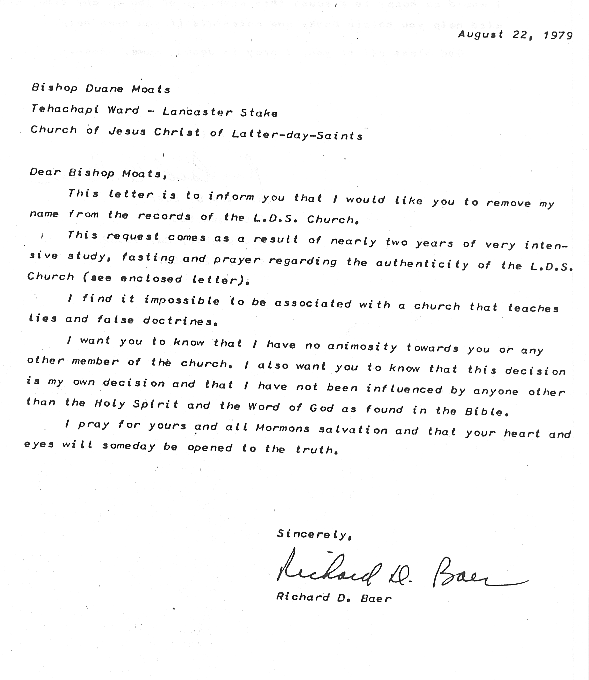Corrosionpedia - What is Hydrocracking? - Definition from.
Hydrocracking is an extremely versatile process that can be utilized in many different ways, and one of the advantages of hydrocracking is its ability to break down high-boiling aromatic stocks produced by catalytic cracking or coking. To take full advantage of hydrocracking, the process must be integrated in the refinery with other process.
Hydrocracking is an important source of diesel and jet fuel Source: Millennium Global, Inc., used with permission. A hydrocracking unit, or hydrocracker, takes gas oil, which is heavier and has a higher boiling range than distillate fuel oil, and cracks the heavy molecules into distillate and gasoline in the presence of hydrogen and a catalyst.

Hydrocracking is a process to convert larger hydrocarbon molecules into smaller molecules under high hydrogen pressure and elevated temperature. It is commonly applied to upgrade the heavier fractions of the crude oils to produce higher value transportation fuels. Hydrocracking is an important unit as it is one of the three primary conversion.

Hydrocracking Processes Distillate hydrocracking is a refining process for conversion of heavy gas oils and heavy diesels or similar boiling-range heavy distillates into light distillates (naphtha, kerosene, diesel, etc.) or base stocks for lubri-cating oil manufacture. The process consists of causing feed to react with.

This program has been developed by Refining Process Services to provide an in-depth, yet practical review of both hydrotreating and hydrocracking technologies for the refining of petroleum. The speaker will cover topics ranging from the chemistry of hydrotreating and hydrocracking to a discussion of the design of commercial processes and.

Hydrocracking and Hydrotreating Process Technology training in London (UK), Dubai (United Arab Emirates), Kuala Lumpur (Malaysia), Istanbul (Turkey), France (Paris).

A 'read' is counted each time someone views a publication summary (such as the title, abstract, and list of authors), clicks on a figure, or views or downloads the full-text.

The hydrocracking process is uniquely suited, with proper optimization, to assist in solving these problems. The UOP Unicracking process is carried out at moderate temperatures and pressures over a fixed catalyst bed in which the fresh feed is cracked in a hydrogen atmosphere. Exact process conditions vary widely, depending on the feedstock.

They are totally different processes. The similarities are that both treat petroleum fluid streams, both generally use some type of catalyst, that both use high partial pressures of hydrogen, and both usually involve some type of hydrogenation op.

A two stage hydrocracking process is characterized by operation of the second hydrocracking zone at a reduced pressure, which is conducive to cracking the highly paraffinic effluent of the first hydrocracking zone. The process is also characterized by the passage of the partially compressed hydrogen makeup gas stream into the second hydrocracking zone followed by compressing the gas recovered.

Hydrocracking is a catalytic chemical process used in petroleum refineries to break complex hydrocarbon molecules into simpler molecules of gasoline or kerosene, by addition of hydrogen under high pressure. This process uses hydrogen gas to improve the hydrogen-carbon ratio in the cracked molecules and arrive at a broader range of end products.

Process Economics Program Report 211B HYDROCRACKING OF HEAVY OILS AND RESIDUA (December 2008) Hydrocracking of heavy oils and residua is increasingly import to refiners due to increased global production of heavy and extra heavy crude oils coupled with increased demand worldwide for low sulfur middle distillates and residual fuel oils.

Hydrocracking is a process that breaks down complex hydrocarbon molecules into simpler ones by using a catalyst and an elevated partial pressure of hydrogen gas. This is an established and reliable method for transforming low value heavy oil fractions into higher value products. This is generally a more demanding hydrotreating process, but is.



